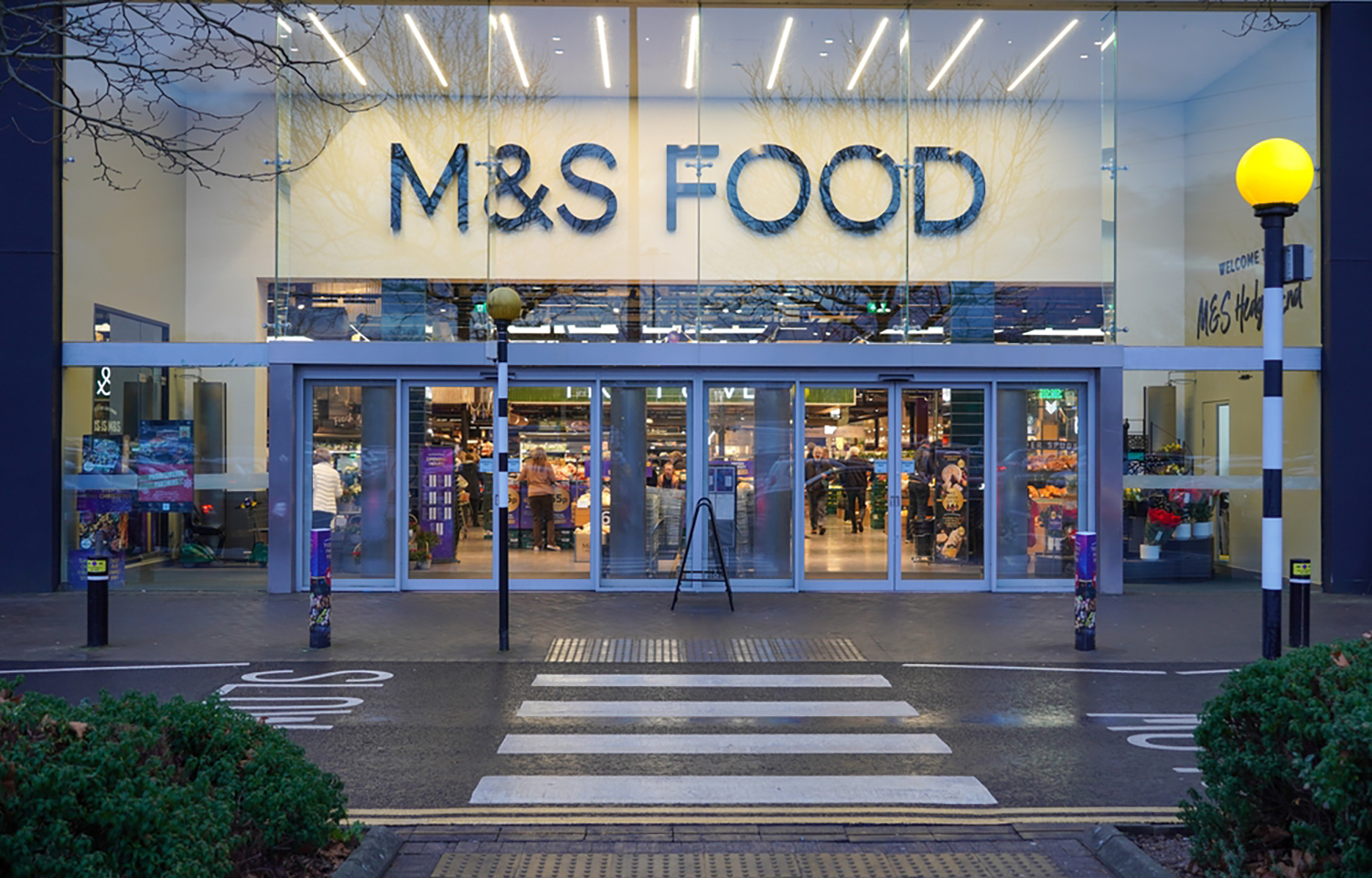U.K. retailer Marks & Spencer (M&S) has been named the top performer in the second edition of Crustacean Compassion’s benchmarking report on decapod crustacean welfare.
Conducted by West Sussex, U.K.-based Chronos Sustainability, the report, “The Snapshot,” outlines 30 seafood companies’ performances related to the welfare of crabs, lobsters, prawns, and nephrops in their supply chains, judging on criteria such as management commitment and policy, governance and management, innovation and leadership, and performance reporting and impact.
The report originally provided anonymous results, but in an attempt to enhance transparency, the latest version publicized individual company scores, based on publicly available information related to the welfare of decapods through capture, harvest, holding, handling, transportation, storage, and slaughter.
M&S scored 90 percent overall, followed by Waitrose at 71 percent, and Young’s Seafood at 64 percent. The remaining 27 companies all scored less than 50 percent, which suggests work needs to be done to advance decapod crustacean welfare standards, according to the report.
“We take animal welfare very seriously and are delighted to be recognized for our leadership in decapod crustacean welfare. We have achieved a lot with our committed supply chains in the past year and have many live agendas in play right now, with more to do in the coming months and years,” M&S Food Group Aquaculture and Fisheries Manager Linda Wood told SeafoodSource. “We need collaboration and innovation across the industry to find the solutions to some challenging issues in this area and look forward to making a difference.”
Wood recently expounded on this topic on 27 February at the U.K.-Norway Seafood Summit, which took place in London. She highlighted the company’s “Forever Fish” sourcing policy, which entails clear criteria and "red lines" for the seafood it buys and sells, including not sourcing Russian-caught fish and not reprocessing any of its seafood in Chinese factories, among other guidelines.
“It’s a basic requirement to be able to ask and to know where a fish comes from. Failure to put that on the label is a massive risk because it’s not like [retailers] don’t know where it comes from; we go to great lengths to know where our fish comes from,” she said. “If we can’t put on a pack where a fish has come from, then we need to be asking ourselves some big questions.”
Crustacean welfare has become a talking point in the U.K. since the U.K. Animal Welfare (Sentience) Act of 2021 legally recognized the ability of decapod crustaceans to feel pain, fear, and pleasure, leading to the formation of the Animal Welfare Sentience Committee and commitments from England, Scotland, Wales, and Northern Ireland to reconsider the treatment of decapod crustaceans.
In an effort to provide companies with the ability to make more informed decisions, the Shellfish Association of Great Britain (SAGB), in conjunction with Seafish and industry-led Crab and Lobster Management Group, have been developing codes of best practice over the past two years, which aim to ensure that stress to crabs, lobsters, and nephrops is minimized.
“We are pleased to lead this important area of research. While most seafood businesses already have good processes in place to care for their catch, it is important that all operators understand what good practice looks like and what should be avoided. We know that many businesses have already taken the necessary steps, but some still need to adapt their practices,” SAGB CEO David Jarrad said. “It is important that we make their task as easy as possible, by producing robust, credible and clear guidance.”
With the increased momentum surrounding crustacean welfare, the report shows that the number of companies publishing welfare policies have more than doubled since the report’s first iteration. Around 10 percent of the companies investigated now have universal policies, with a further 47 percent publishing a partial policy; the number of companies still without a policy has dwindled down to 43 percent.
However, most companies still fail to take concerted action on decapod crustacean welfare, according to the report. More than half of the 30 businesses were ...








